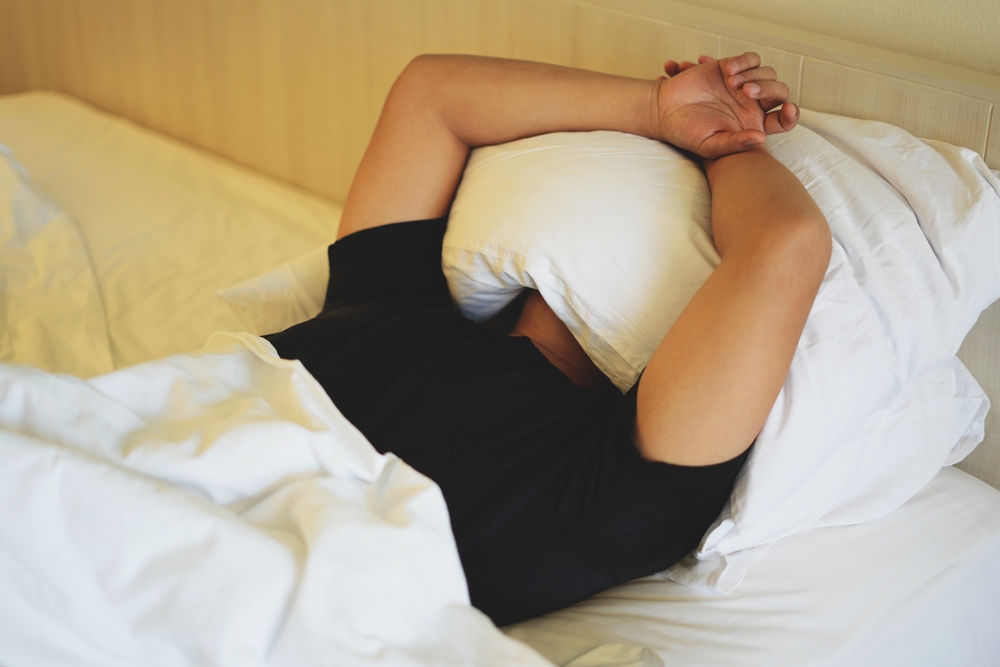Improving Sleep Quality
Apr 23, 2025
As men transition through andropause, many find that quality sleep becomes increasingly elusive. Changes in hormone levels, particularly decreasing testosterone, can significantly impact sleep patterns. Poor sleep not only exacerbates other andropause symptoms but can also affect overall health and well-being. Fortunately, there are numerous strategies to improve sleep quality during this important life phase.
Understanding Sleep Challenges in Andropause
During andropause, men may experience various sleep disturbances:
- Difficulty falling asleep
- Frequent nighttime awakenings
- Early morning waking
- Less restorative sleep
- Increased risk of sleep apnea
These issues can be attributed to hormonal changes, as well as other factors like stress, lifestyle habits, and age-related changes in sleep architecture.
The Importance of Quality Sleep
Good sleep is crucial for:
- Hormone regulation
- Cognitive function and memory
- Emotional well-being
- Physical recovery and repair
- Immune system function
- Metabolic health

Strategies for Improving Sleep Quality
- Establish a Consistent Sleep Schedule
- Go to bed and wake up at the same time every day, even on weekends
- Aim for 7-9 hours of sleep per night
- Create a Relaxing Bedtime Routine
- Engage in calming activities before bed (reading, gentle stretching, meditation)
- Avoid stimulating activities or screens at least an hour before bedtime
- Optimize Your Sleep Environment
- Keep your bedroom cool, dark, and quiet
- Invest in a comfortable mattress and pillows
- Use breathable, comfortable bedding
- Manage Light Exposure
- Get exposure to natural daylight, especially in the morning
- Limit exposure to blue light from screens in the evening
- Consider using blackout curtains or a sleep mask
- Watch Your Diet
- Avoid large meals close to bedtime
- Limit caffeine intake, especially in the afternoon and evening
- Be cautious with alcohol – it may help you fall asleep but can disrupt sleep quality
- Regular Exercise
- Engage in regular physical activity, but not too close to bedtime
- Consider relaxing exercises like yoga or tai chi in the evening
- Manage Stress
- Practice stress-reduction techniques like meditation or deep breathing
- Consider journaling to process thoughts and concerns before bed
- Address Night Sweats
- Use moisture-wicking sleepwear and bedding
- Keep a cool pack or extra pillow nearby to flip to the cool side
- Limit Fluid Intake Before Bed
- Reduce the need for nighttime bathroom trips by limiting fluids in the evening
- Consider Natural Sleep Aids
- Herbal teas like chamomile or valerian root
- Melatonin supplements (consult with a healthcare provider first)
- Cognitive Behavioral Therapy for Insomnia (CBT-I)
- This therapy can help address thoughts and behaviors that interfere with sleep
- Address Sleep Apnea
- If you snore loudly or experience daytime fatigue, consult a doctor about sleep apnea
- Hormone Optimization
- For some men, hormone therapy may help improve sleep, but this should only be done under medical supervision
- Avoid Clock-Watching
- Turn your clock away from view to reduce anxiety about sleep
- Use the Bedroom for Sleep and Intimacy Only
- Avoid working or watching TV in bed
- Practice Relaxation Techniques
- Progressive muscle relaxation or guided imagery can help prepare the body for sleep
- Consider a "Sleep Divorce"
- If your partner's sleep habits disrupt your sleep, consider separate sleeping arrangements
When to Seek Professional Help
If sleep problems persist despite implementing these strategies, it's important to consult a healthcare provider or sleep specialist. They can help identify any underlying issues and provide additional treatment options.
Embracing Better Sleep
Improving sleep quality during andropause is not just about getting more hours of shut-eye – it's about enhancing the overall quality of your sleep. This may require some trial and error to find what works best for you. Be patient with yourself as you implement these changes, and remember that good sleep habits are a long-term investment in your health and well-being.
By prioritizing sleep and implementing these strategies, many men find they can significantly improve their sleep quality during andropause. Better sleep can lead to improved mood, increased energy, better cognitive function, and an overall enhanced quality of life. As you navigate the changes of andropause, consider quality sleep as a cornerstone of your health and wellness strategy.
Remember, every individual's sleep needs and patterns are unique. What works for one person may not work for another. The key is to be consistent, listen to your body, and make adjustments as needed. With time and effort, you can achieve the restful, rejuvenating sleep that your body needs to thrive during andropause and beyond.

